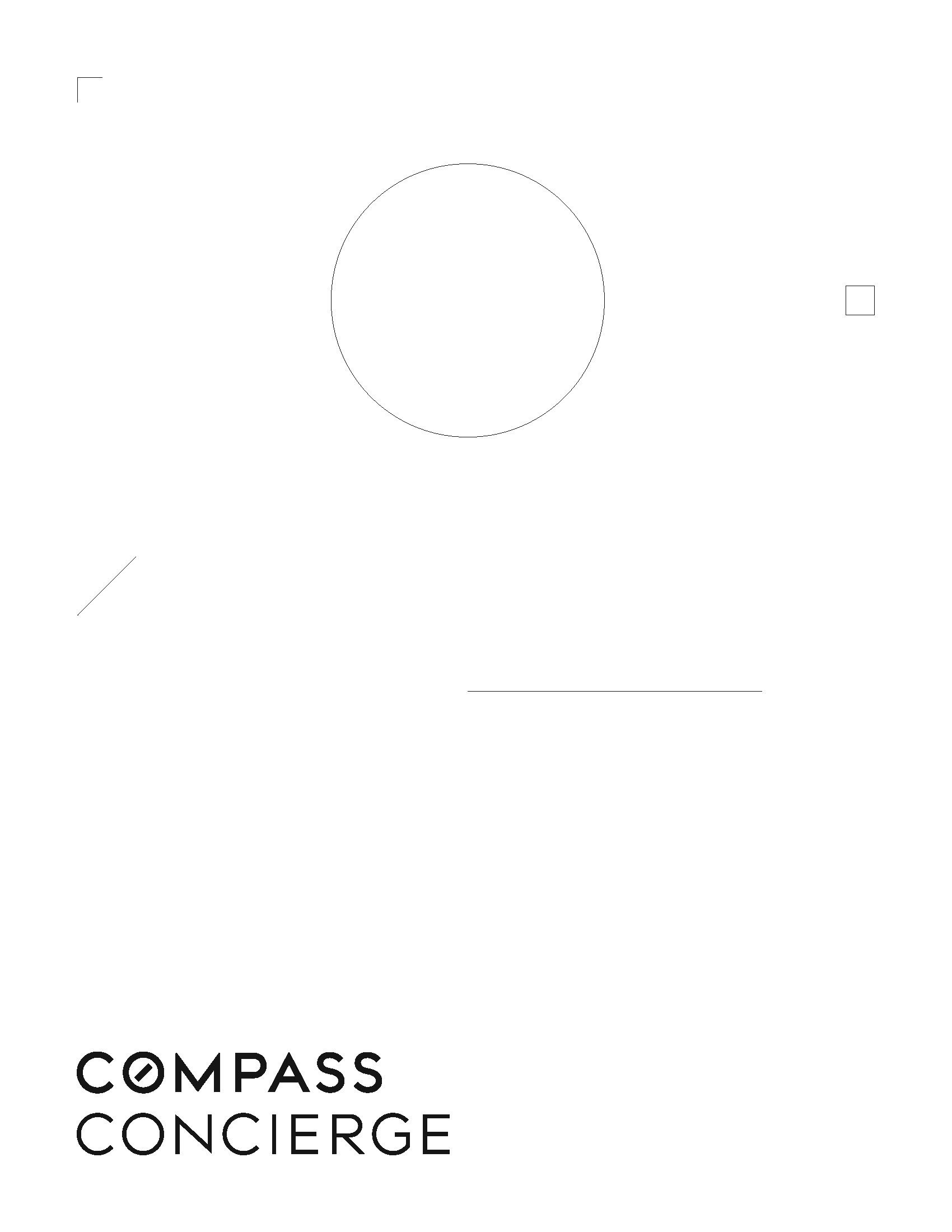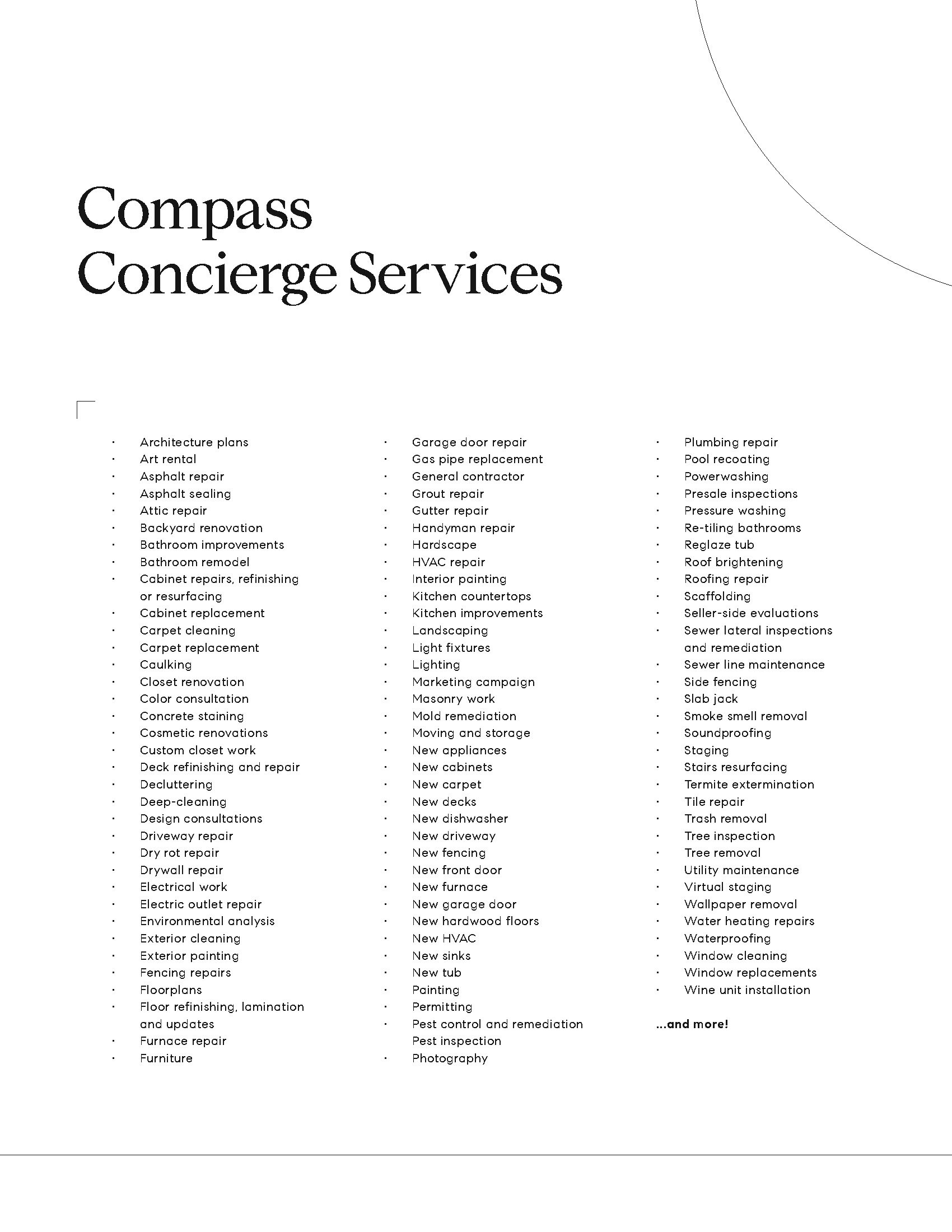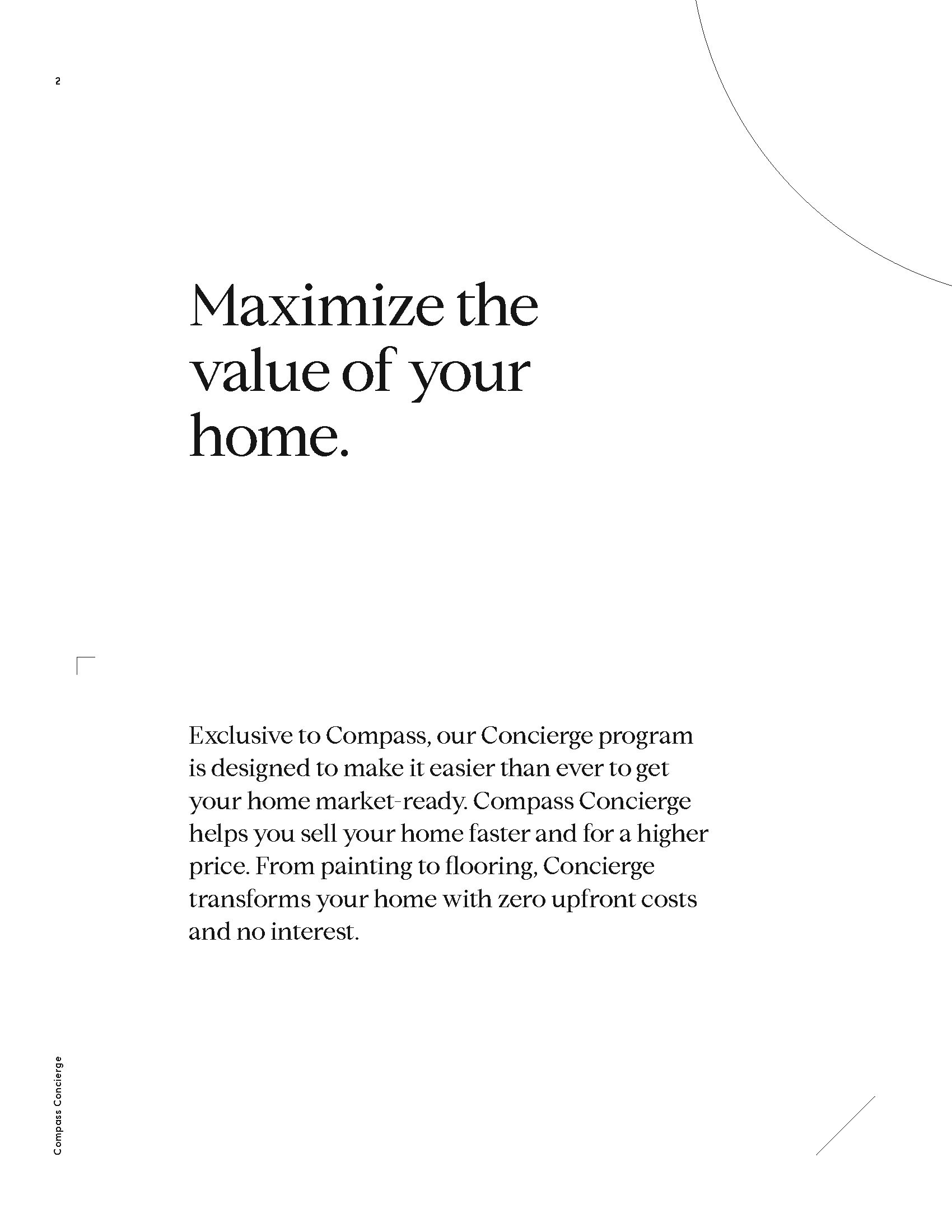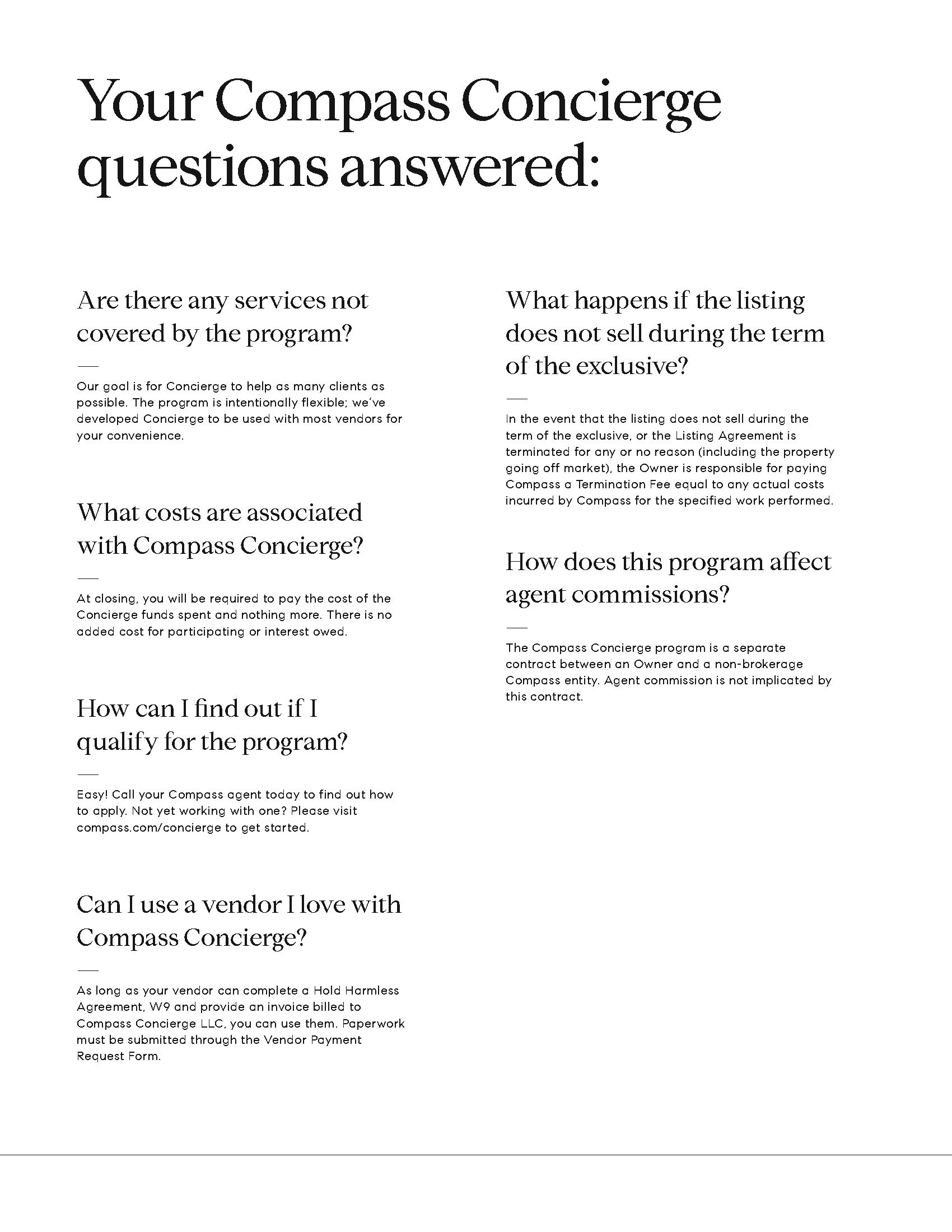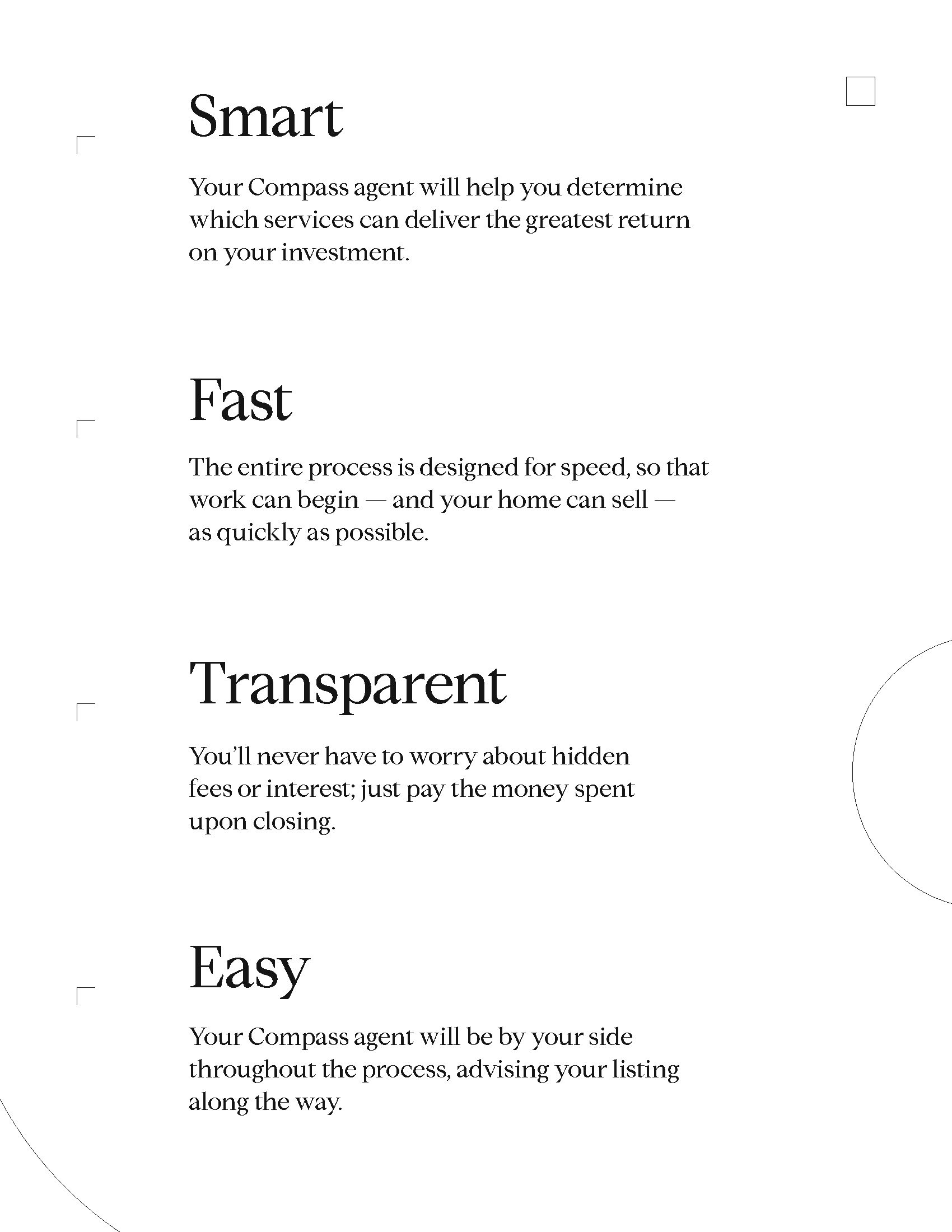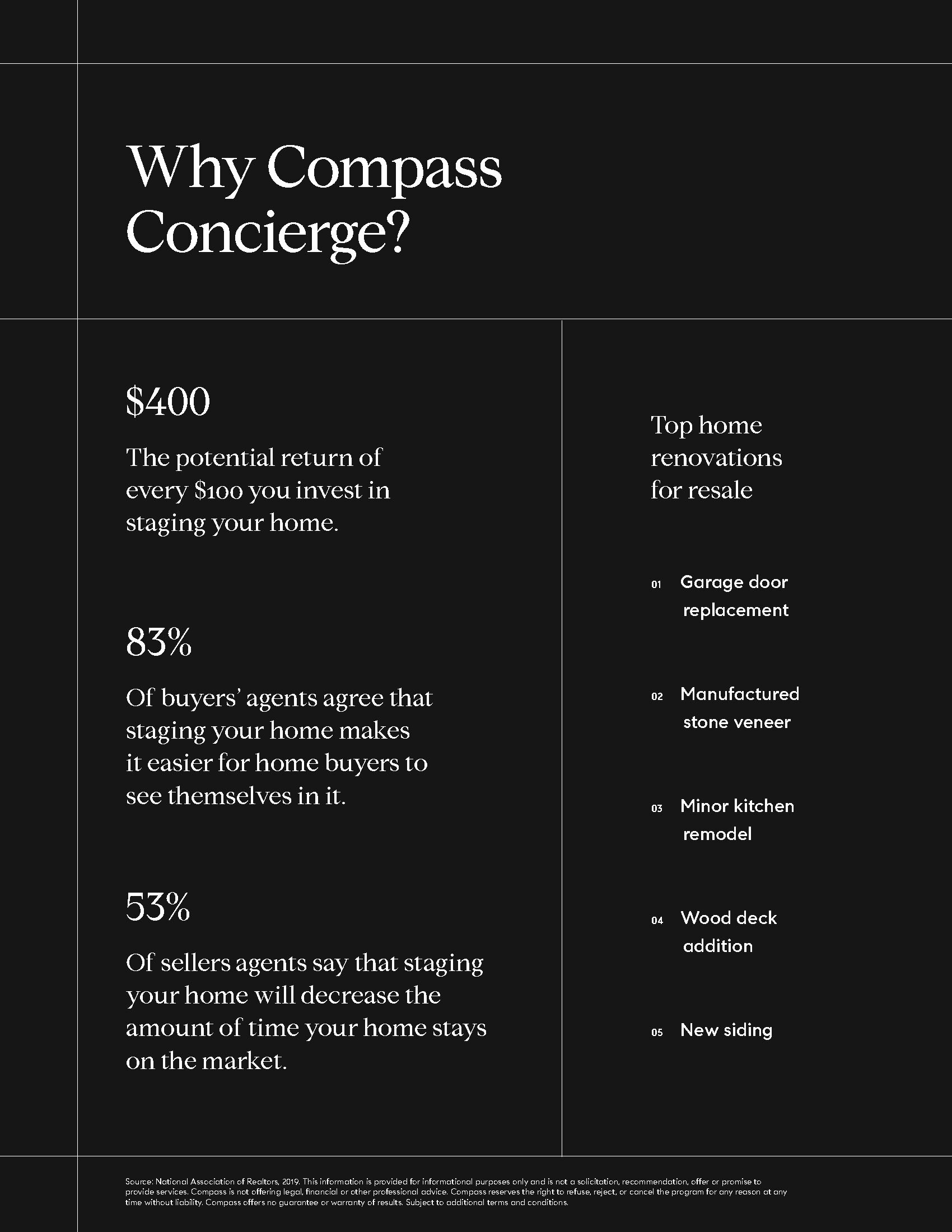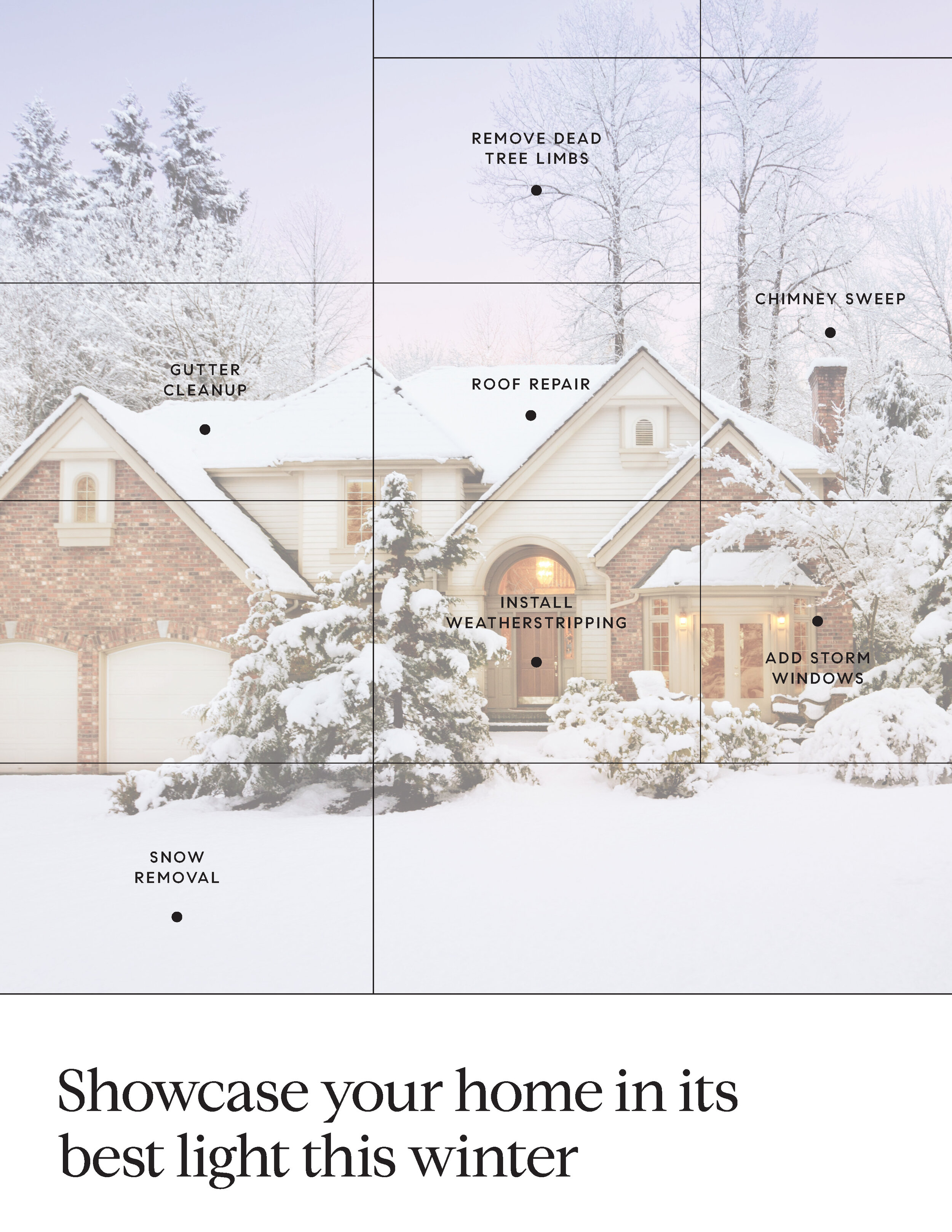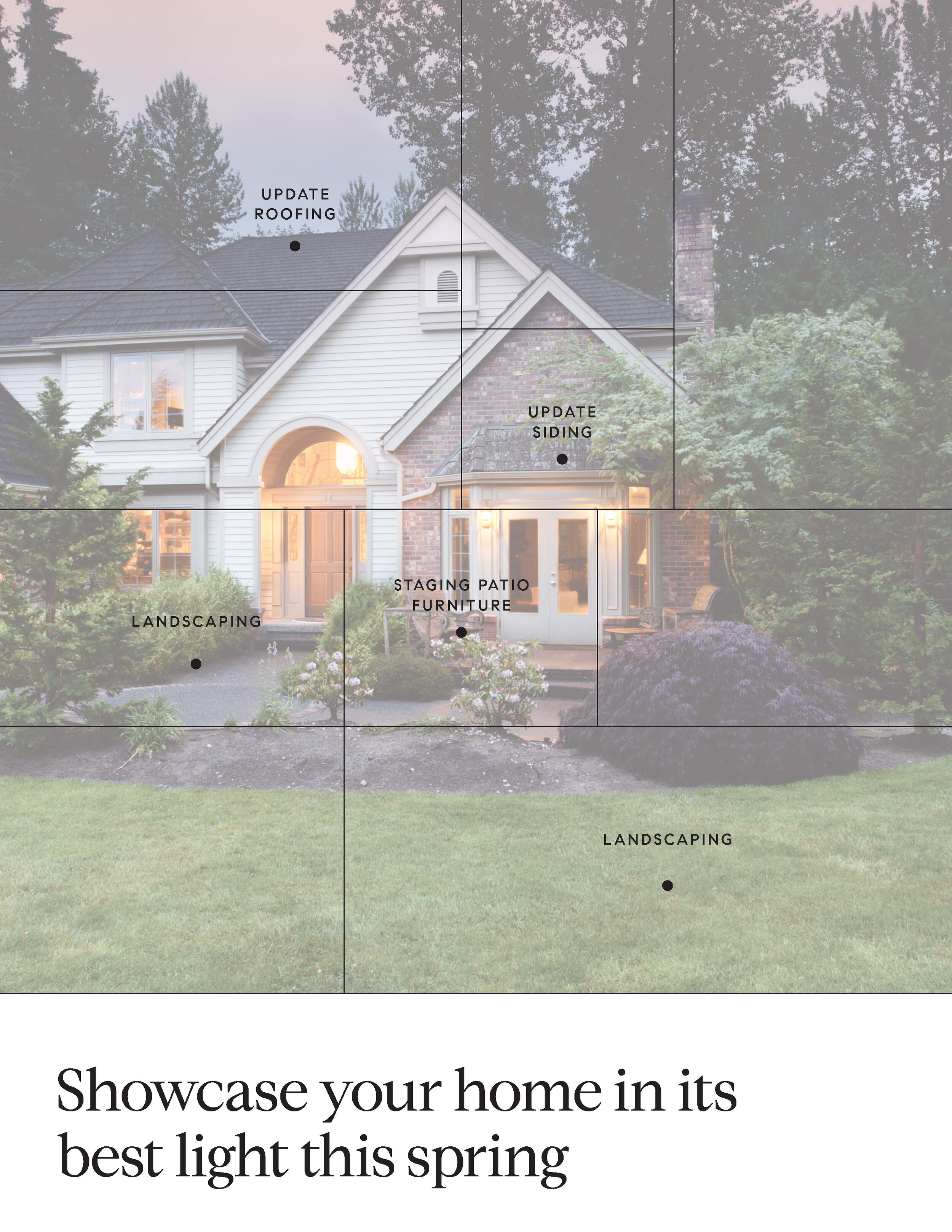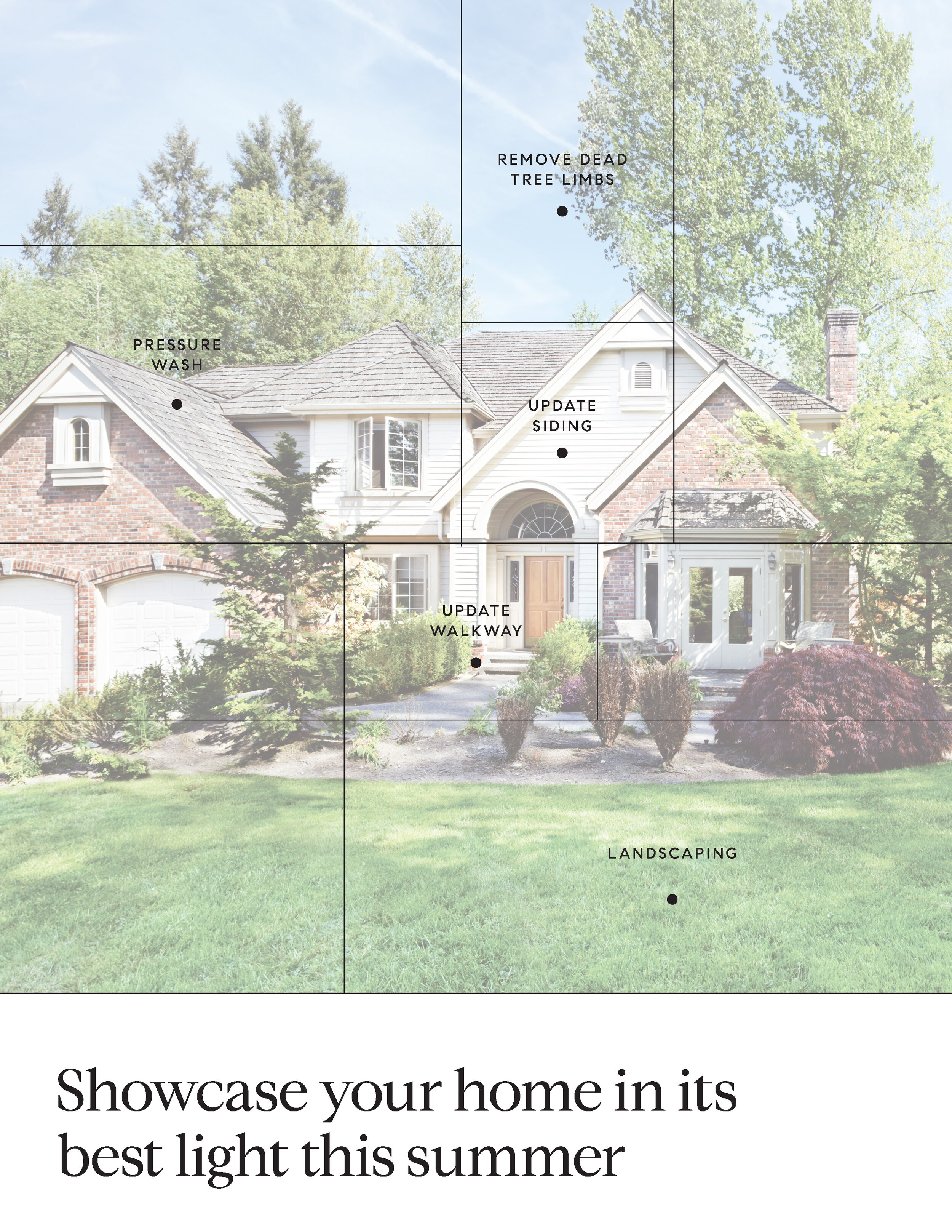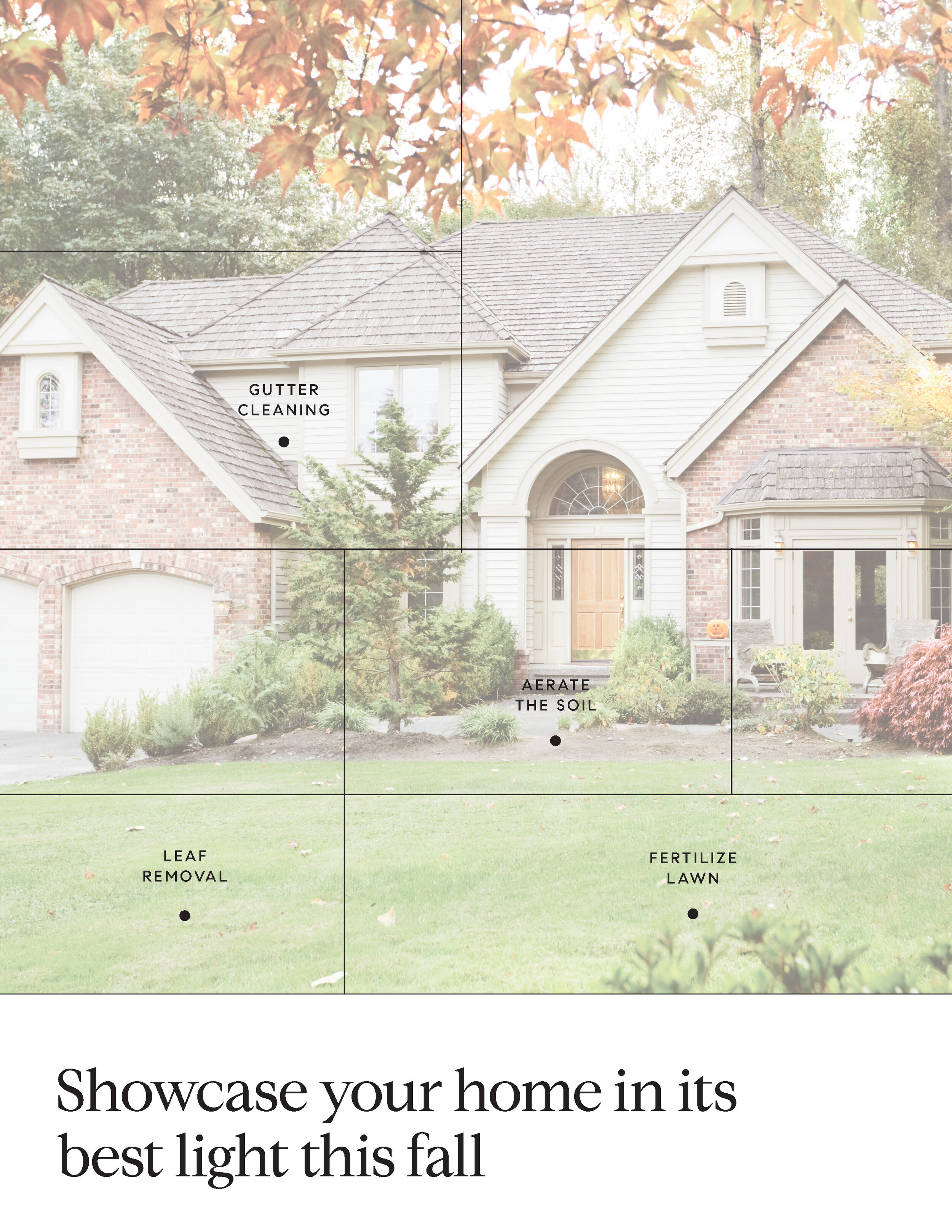As a buyer with a home to sell, you’re no doubt facing a variation of the chicken-or-egg dilemma, asking which comes first: Should I buy then sell, or sell then buy? If you sell first, you may rush too quickly to buy a new house and end up with one you’re not that crazy about or perhaps paid too much for. Or you could become home-less, having to bunk with relatives or rent temporary while you continue to house hunt.
If you buy first, you’ll be Jonesing to sell your old house quickly, and for top dollar, to cover the costs of your new place. Or, worst-case scenario, you could end up paying for two houses at the same time. Yikes! To make the exchange easier, consider the pros and cons of each option and understand your appetite for risk.
Sell First, Then Buy This is perhaps the safest strategy, and in a hot market selling your house will likely be easier than buying a new one. But going this route involves multiple moves. First, you list your home and complete its sale before you buy another home. Then you put the bulk of your belongings into storage and move in with family, friends or a temporary rental while you continue to house hunt. If your buyers are amenable, you might arrange a rent-back deal that allows you to stay in the house for a month two, paying rent to the new owners, while you scout for a new house. The advantage of this scenario is that you’ll know exactly how much you can spend on a new house and you won’t have to worry about getting temporary financing. Plus, without another house waiting in the wings, you’ll be less tempted to drop your price or accept any offer that comes in, even lowball offers. The downside, of course, is the disruption in your routine and the prospect of being displaced for a while if your house search takes a long time.
Buy First, Then Sell This strategy eliminates the threat of being home-less and minimizes disruption. In this scenario, you buy a new house, move in, and then sell your old house. In a buyer’s market, finding a new house will be relatively easy, with lots of houses to choose from at reasonable prices; but, depending on how long it takes your old home to sell, you could end up paying two mortgages for a period of time. There is also a chance you will qualify for less with an existing mortgage in place. This plan typically works best if your first house is already paid off.
Another option is to make the purchase of your new house contingent on selling your old house. A seller who’s having a hard time finding a buyer may be wiling to accept a contingent offer, even though it means waiting for you to find a buyer. Limiting your search to houses that have been on the market for 30 days or more may be your best bet here, as their owners might be more receptive to a contingency. In hot markets, however, sellers rarely accept contingent offers, so be prepared to give your seller good reasons why you believe your home will sell quickly. If contingency is not an option, talk to a mortgage broker about arranging financing.
Nicole Cooley, local money coach and Founder of Money with Moxy, concludes with this advice, “If you are having a hard time deciding which home buying strategy is best for you consider three things. 1.Your season of life. (e.g. If you have small kids at home, it might be harder to be displaced or move twice) 2. Your cash cushion. (e.g. If you don't have the appropriate cash cushion to carry two mortgages, don't try to swing it. The stress won't be worth it) 3. Your gut. Understand all the options and get all the info and then make the best decision for your family”.













